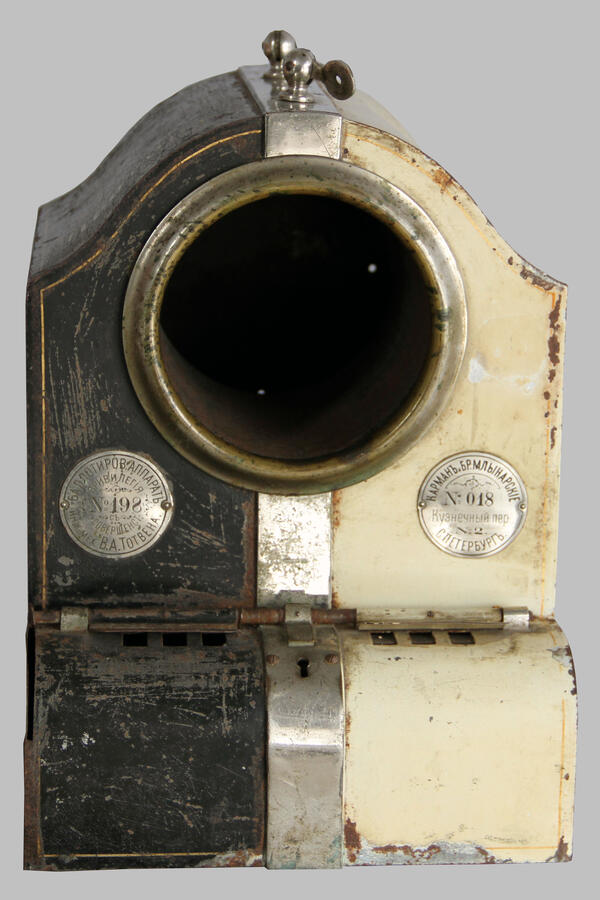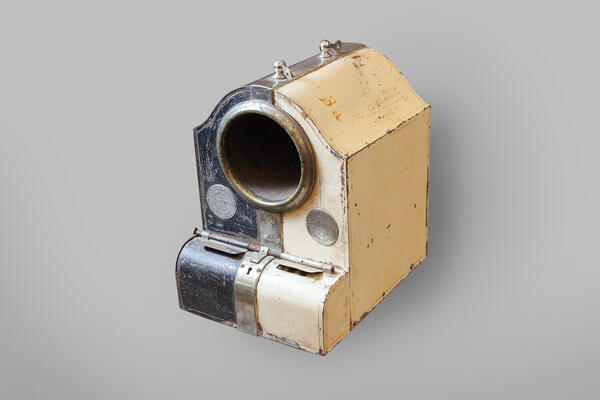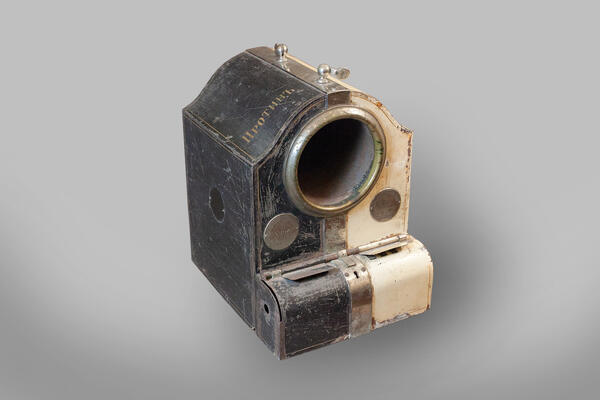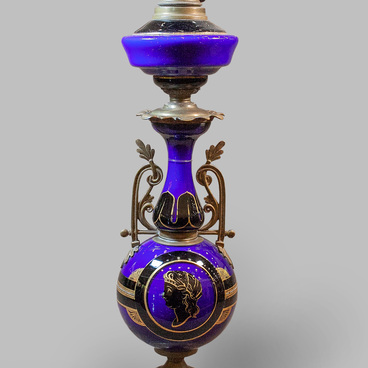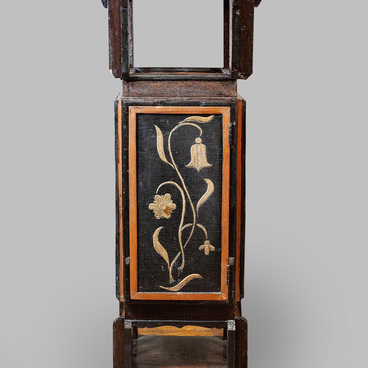The Diorama Museum and Exhibition Center houses a rare exhibit — a ballot box for a secret ballot with the use of balls. The box had a hole for the hand and two compartments painted white and black.
Electoral assemblies and congresses in Vyatka lasted no more than two days. Votes were cast secretly using small balls. All the voters remained in the hall where the ballot box was located. Therefore, they also acted as election observers. The meeting was presided over by the mayor. In addition, the established procedures were monitored by government agents — a police chief and a solicitor. Public officials were not allowed to participate in the nomination and discussion of candidates but were welcome to submit an opinion on procedural issues.
Elections were held by category, depending on the status and position of the voters. The mayor called out everyone’s name and asked if they wanted to run for an office. First, wealthy house owners and merchants were invited. However, the competition was most fierce “on the flea market”, as the third category of voters was referred to, which included small traders and industrialists. Sometimes, tempers ran so high that voters would grab each other by the lapels. There was even an idiom “to make someone take a ride on black horses”, meaning to blackball a candidate, without giving a single vote in their favor.
The first Duma was elected in Vyatka in 1793. Representatives of three social categories participated in the meeting: guild merchants, guild artisans, and townspeople. The meeting was presided over by the mayor. The Duma was in charge of municipal services, including urban improvement, food supply, the development of trade and crafts, and the protection of rights of various social categories. They were controlled by the governor who could veto any of their decisions. The deputies of the Duma served a four-year term. Members of the executive body — the town council — were elected from among the deputies.
In 1892, the mayor and members of the town council were declared to be public officials. The last elections to the Duma were held in the Vyatka Governorate in accordance with the law of the Provisional Government of February 15, 1917. However, that Duma did not last long.
Electoral assemblies and congresses in Vyatka lasted no more than two days. Votes were cast secretly using small balls. All the voters remained in the hall where the ballot box was located. Therefore, they also acted as election observers. The meeting was presided over by the mayor. In addition, the established procedures were monitored by government agents — a police chief and a solicitor. Public officials were not allowed to participate in the nomination and discussion of candidates but were welcome to submit an opinion on procedural issues.
Elections were held by category, depending on the status and position of the voters. The mayor called out everyone’s name and asked if they wanted to run for an office. First, wealthy house owners and merchants were invited. However, the competition was most fierce “on the flea market”, as the third category of voters was referred to, which included small traders and industrialists. Sometimes, tempers ran so high that voters would grab each other by the lapels. There was even an idiom “to make someone take a ride on black horses”, meaning to blackball a candidate, without giving a single vote in their favor.
The first Duma was elected in Vyatka in 1793. Representatives of three social categories participated in the meeting: guild merchants, guild artisans, and townspeople. The meeting was presided over by the mayor. The Duma was in charge of municipal services, including urban improvement, food supply, the development of trade and crafts, and the protection of rights of various social categories. They were controlled by the governor who could veto any of their decisions. The deputies of the Duma served a four-year term. Members of the executive body — the town council — were elected from among the deputies.
In 1892, the mayor and members of the town council were declared to be public officials. The last elections to the Duma were held in the Vyatka Governorate in accordance with the law of the Provisional Government of February 15, 1917. However, that Duma did not last long.

